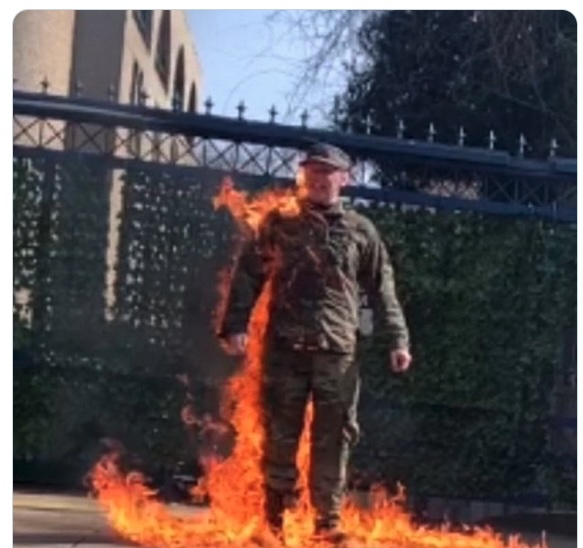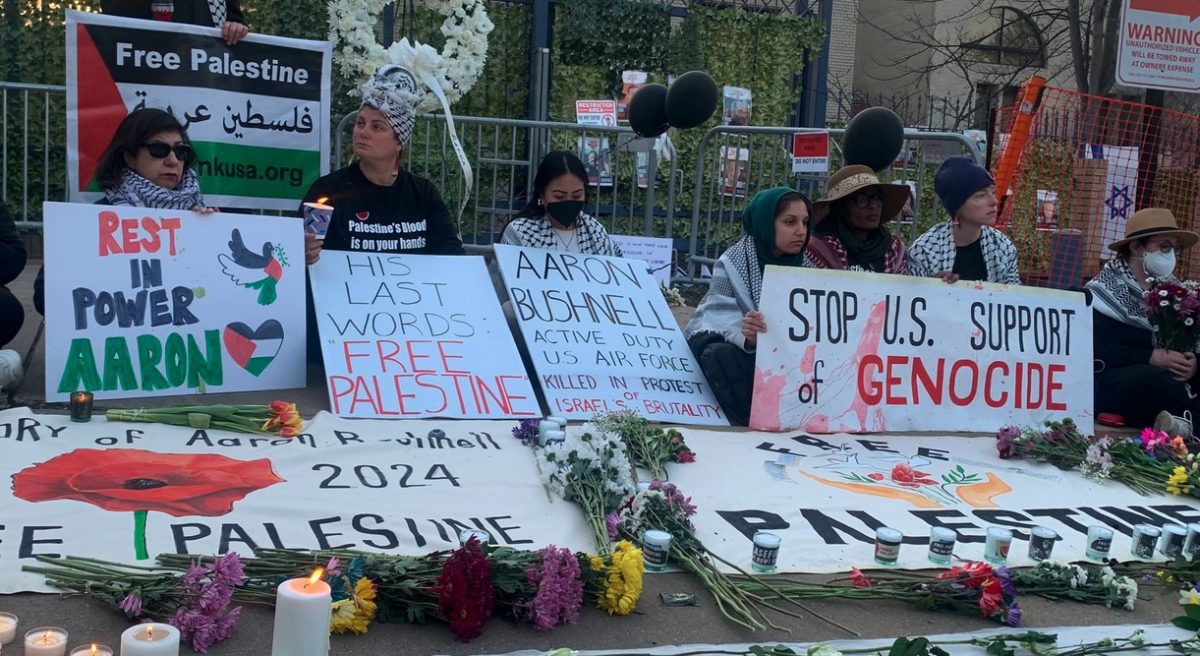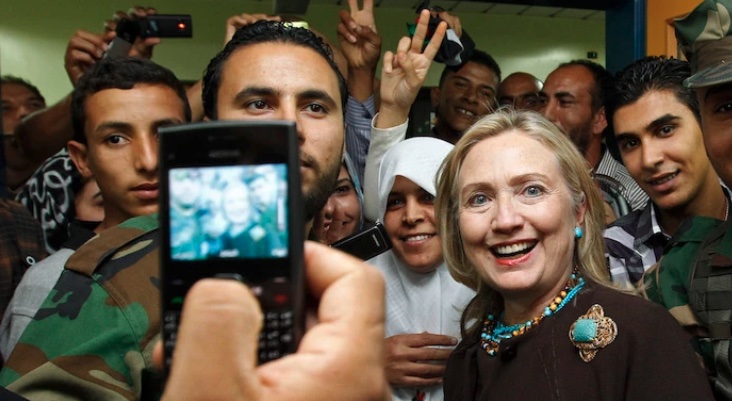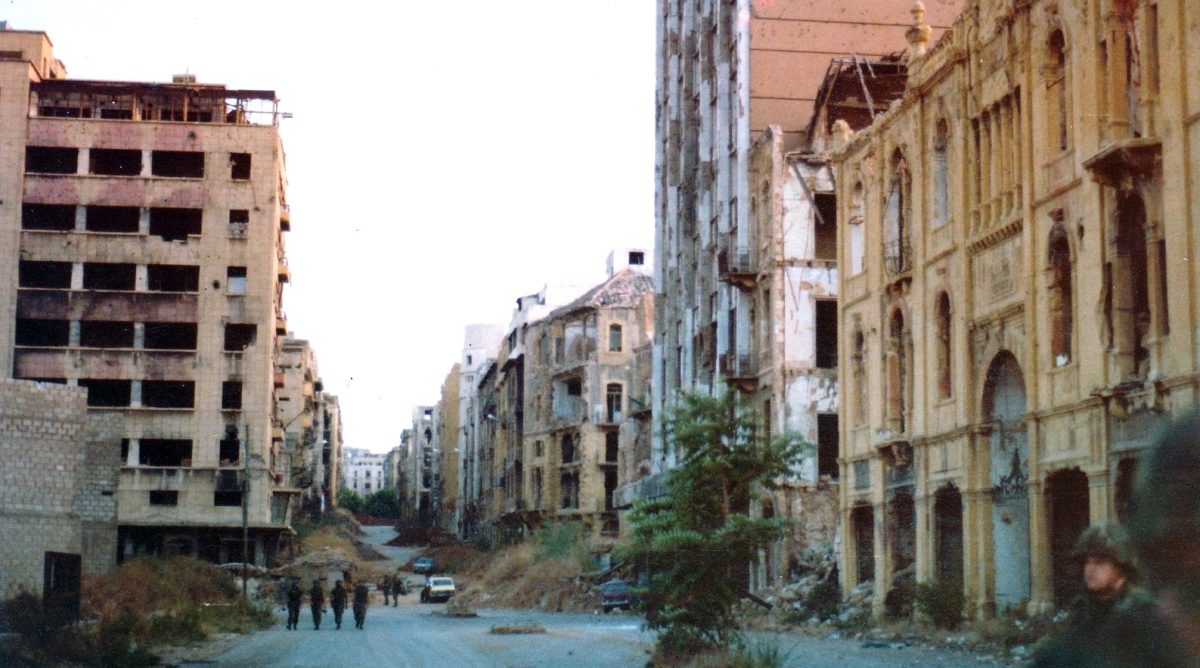On Sunday (Feb.25), Aaron Bushnell, a serving member of the US Air Force, undertook a stunningly focused and courageous act of self-immolation at the gates of the Israeli Embassy here in Washington DC, protesting Israel’s attacks against Gaza and calling for a ceasefire.
Bushnell had set up a camera and livestreamed himself on “Twitch” as he delivered a statement expressing his strong opposition to Israel’s genocide in Gaza and declaring that he no longer wanted to be complicit in it. He then doused himself with kerosene and set fire to his body, while continuing to shout for a “Free Palestine”.

I did not watch the whole video. Those who did describe Bushnell’s demeanor as composed, serious, and very focused. Accounts in the corporate media have tried to imply that he was deranged… or a member of a Christian “cult”… or even (gasp!) an anarchist. News that has come out from his friends and colleagues indicates, by contrast, that he was a good participant in a mutual-aid project in Ohio that offered food for unhoused and indigent people there, and also that he was due to leave the Air Force in May after serving for four years.
There were some reports that he had worked in intelligence in the Air Force, in which case he may have known more than most of us about the volume of the intel and targeting help that the U.S. Air Force has been giving to Israel as part of Biden’s support for Israel’s genocide in Gaza.
Continue reading “Aaron Bushnell’s courageous activism for a Gaza ceasefire”


